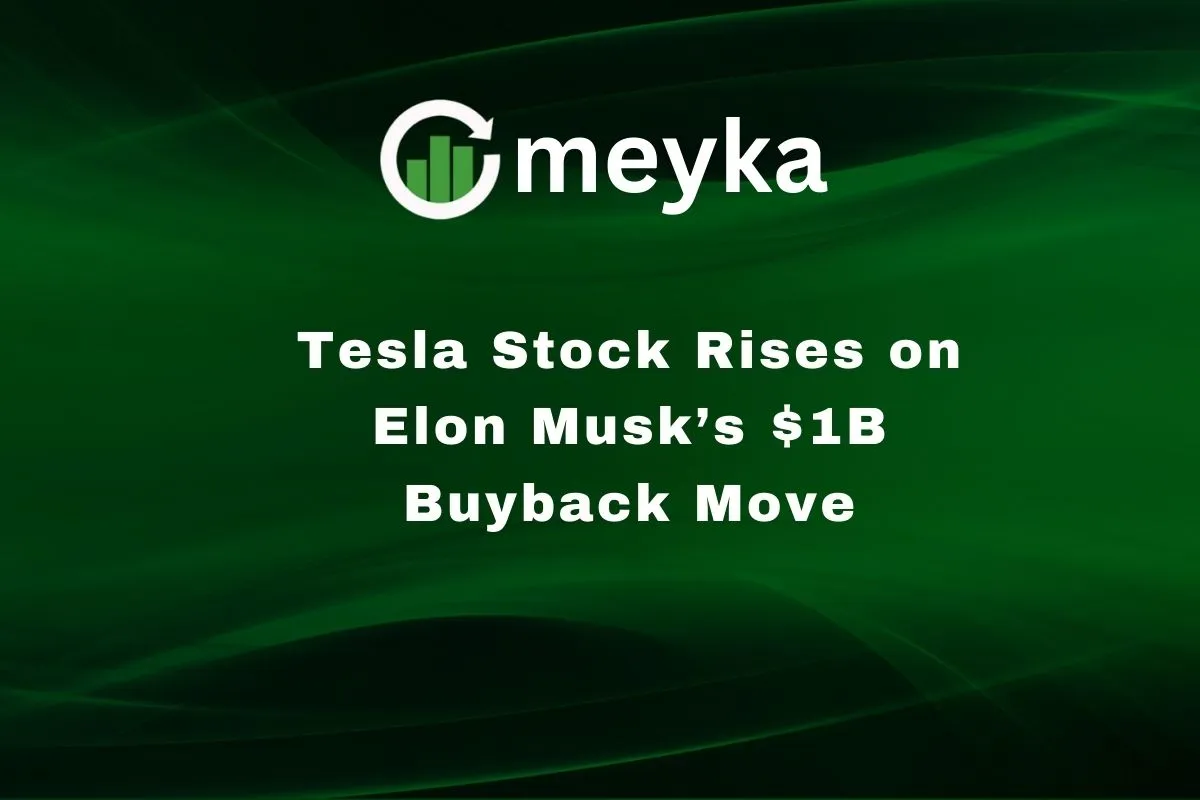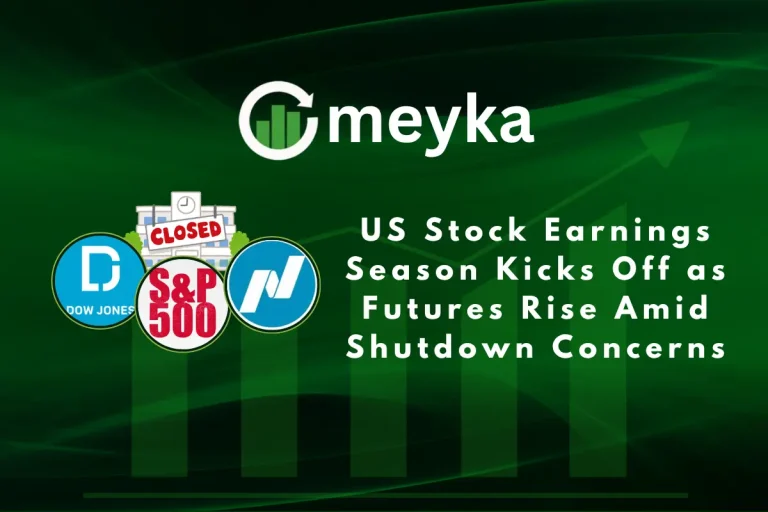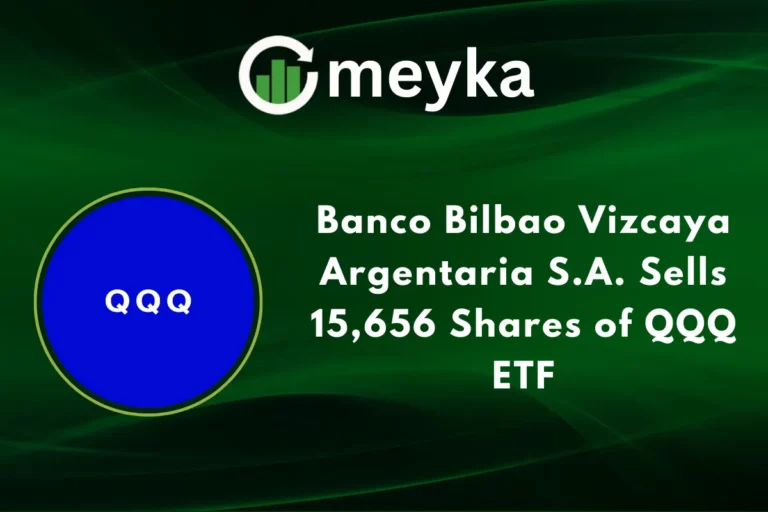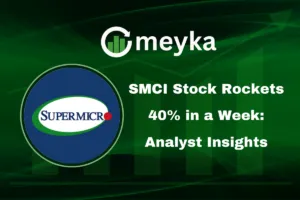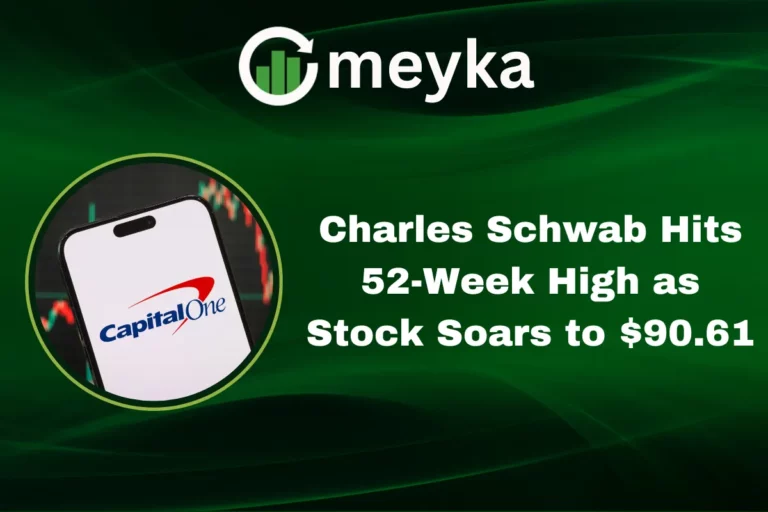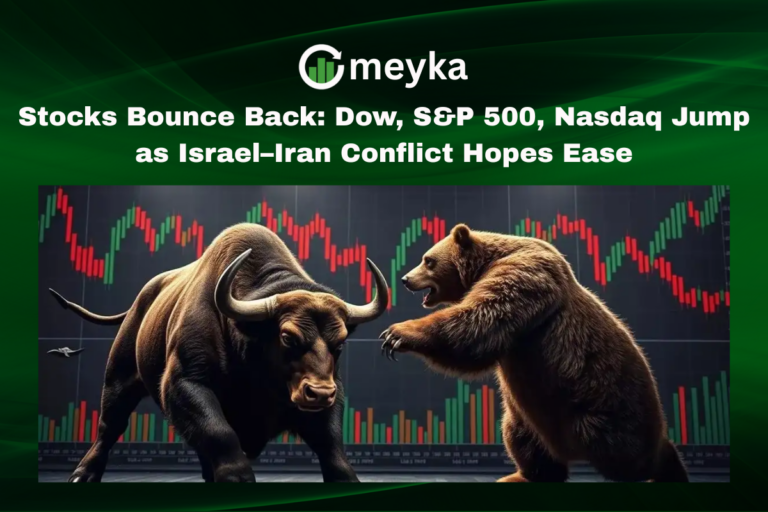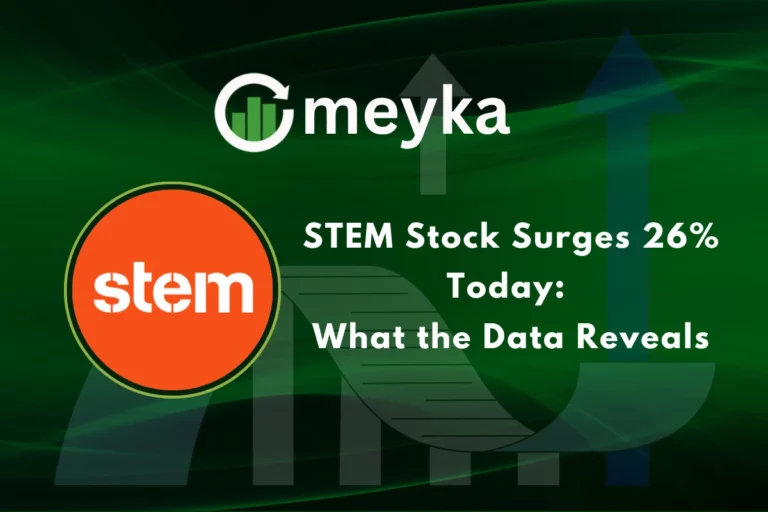Tesla Stock Rises on Elon Musk’s $1B Buyback Move
Tesla stock jumped sharply after Elon Musk purchased about $1 billion worth of Tesla shares in recent filings. We saw more than a 6% rise in pre-market trading after the news broke. For many, this signaled strong confidence from the top. It also stirred optimism amid Tesla’s challenging recent quarters. See what Musk’s move means, how the markets reacted, Tesla’s financial health, risks, and what lies ahead.
Understanding Stock Buybacks vs. Insider Purchases
- What are buybacks? When a company repurchases its own shares from the market. That reduces the shares outstanding, boosting earnings per share (EPS) and often raising the stock price.
- What are insider purchases? When someone, typically a major shareholder or executive (here, Musk), buys shares on the open market. Doesn’t reduce share count but shows personal conviction.
- In this case, Tesla hasn’t publicly announced a new buyback program matching the $1B figure. Instead, this is Musk personally buying shares. It resembles a buyback in its signaling effect: “I believe the stock is undervalued.”
Elon Musk’s ~$1 Billion Share Purchase
- Musk bought ~2.57 million shares at prices from about US$372 to US$396 apiece.
- That purchase boosted his ownership (excluding options) slightly, by ~0.6%.
- The market reacted: Tesla’s stock rose approximately 6% in pre-market trading following the disclosure.
- Also relevant: Around the same time, Tesla’s board proposed a performance-based pay package for Musk, potentially worth $1 trillion contingent on ambitious future targets.
Market Reaction: Tesla Stock Performance
- The share-price jump suggests investors responded positively to Musk’s investment. It seems they view his move as a vote of confidence.
- Volume likely increased (though I didn’t see exact traded-volume numbers in what I found), implying many traders jumped in.
- The news helped offset concerns from recent weak earnings. Tesla has seen revenue decline and a drop in vehicle deliveries in some recent quarters.
Tesla’s Current Financial Health
- Tesla’s cash and cash equivalents stood at around $36.8 billion as of mid-2025.
- But its recent financials show challenges: Q2 2025 revenue fell to ~$22.5B vs ~$25.5B a year before, and net income was $1.17B.
- Automotive sales dropped ~16% year-over-year, due in part to lower vehicle deliveries and lower average selling prices.
- Profit margins have also been squeezed. Regulatory credits (money Tesla gets from emissions rules, etc.) helped, but those are diminishing.
Strategic Significance of Musk’s Purchase
- By buying ~$1B of his own company’s stock, Musk is sending a strong signal that he trusts Tesla’s value. We, as investors, often see that as more persuasive than many public statements.
- It helps counter negativity from falling deliveries, price cuts, competition (especially from Chinese EV makers), and doubts about Tesla’s near-term growth.
- It aligns with the board’s proposed ambitious goals, including robotics, robotaxi deployment, and a growing market cap. That gives a vision for Tesla’s future that goes beyond just selling cars.
Risks and Criticism
- Tesla’s recent revenue and delivery drops are real. If the downward trends continue, buying shares won’t fix core demand issues.
- Regulatory credits weakening means Tesla can’t rely on that extra “padding” in profits much longer. Loss of those can hit margins hard.
- Some may argue Musk’s large pay proposal (the ~$1T plan) is too risky or too big a gamble. If the targets aren’t met, there could be backlash. Governance issues also get raised.
Analyst & Investor Reactions
- Many analysts see Musk’s move as bullish. It reassures holders that the CEO is putting money where his mouth is. It may also attract new investors who had been cautious.
- Some remain cautious: They want to see consistent delivery growth, stable margins, and successful launches (robotaxis, Optimus, lower-cost EVs) before getting fully on board.
- Market watchers are also paying attention to whether Musk’s personal buy, combined with the $1T incentive plan, substantially shifts his voting power or actual control. That affects governance risk.
Implications for the EV Market
- Tesla’s rivals will keep pushing. Lower-cost EVs from competitors are squeezing margins. Musk’s move may force competitors to show similar confidence (through insider buys, buybacks, or aggressive reinvestment).
- It also pressures the market’s expectations: growth and innovation, especially in AI, robotaxi, and energy storage, are likely to be key battlegrounds. Tesla is trying to lead there.
- Regulatory changes (EV credit policies, emissions rules) will matter more. If Tesla loses favorable credits, it needs solid performance elsewhere.
Future Outlook for Tesla
- Tesla plans to bring out lower-cost versions of the Model 3 and Model Y by late 2025. That may help arrest revenue and delivery declines.
- Robotaxi deployment and the Optimus robot remain big parts of Tesla’s long-range promise. If either takes off, they could change growth dynamics.
- Free cash flow is currently modest, and future margin squeezes are possible. Tesla must balance spending on R&D, factory expansions, and future technologies with maintaining financial discipline.
- The upcoming vote on Musk’s $1T compensation package (in November) will be watched closely. If approved, it locks in expectations and targets that affect Tesla’s strategy and governance.
Conclusion
Elon Musk’s ~$1 billion purchase of Tesla stock has reignited optimism in a company navigating some choppy waters. While Tesla faces real challenges, slipping automotive sales, shrinking regulatory credits, and tight margins, this move shows leadership is still betting on its own potential. For investors, it offers hope and a signal that management believes Tesla is undervalued. But real confidence will come only if Tesla delivers on its future plans: more affordable EVs, a successful robotaxi service, robotics, and consistent profitability. Tesla stock may be riding high now, but it will need strong execution to keep rising.
FAQS:
Tesla offered Elon Musk a $1 trillion pay plan to reward him for meeting tough growth and innovation goals. It motivates him to keep leading the company strongly.
Tesla stock rose after Elon Musk bought about $1 billion in shares. Investors saw it as a sign of confidence, believing the company’s value would grow in the future.
Tesla’s stock crashed when sales fell and profits dropped. Investor worries about competition, price cuts, and slowing deliveries also caused people to sell shares quickly.
Disclaimer:
This content is for informational purposes only and is not financial advice. Always conduct your research.
